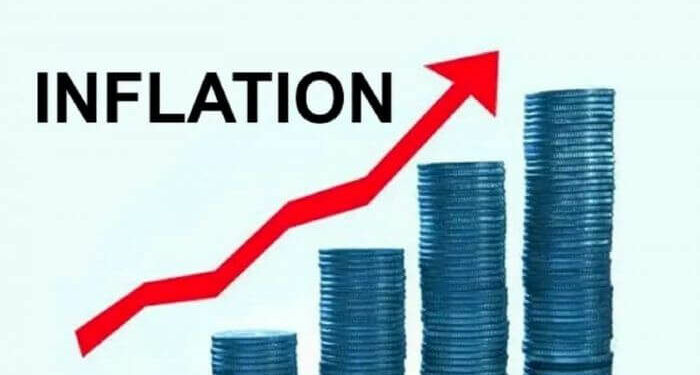
According to the report, the significant increase reflects the impact of the removal of petrol subsidies and the devaluation of the official exchange rate on consumer prices. Month-on-month inflation rose to 3.18% in the review month from 2.89% recorded in the prior month.
In terms of contribution to the year-on-year inflation, Food and non-alcoholic beverages (13.36%) contributed the most, followed by housing water, electricity, gas and other fuel (4.32%), and clothing and footwear (1.97%).
On a year-on-year basis, in August 2023, the Urban inflation rate was 27.69%, this was 6.73% points higher compared to the 20.95% recorded in August 2022. The Rural inflation rate stood at 24.10%, representing a 3.98% points increase compared to the 20.12% recorded in August 2022.
Meanwhile, food inflation rate jumped to 29.34% in August 2023, representing a 2.35% point increase from 26.98% recorded in the previous month and 6.22% points higher than 23.12% recorded in the corresponding period of 2022.
On a month-on-month basis, the Food inflation rate in August 2023 was 3.87%, this was 0.41% points higher compared to the rate recorded in July 2023 (3.45%).
The average annual rate of Food inflation for the twelve months ending August 2023 over the previous twelve-month average was 25.01%, which was a 5.99% points increase from the average annual rate of change recorded in August 2022 (19.02%).
In the same vein, in the month under review, all items inflation rate on a year-on-year basis was highest in Kogi (31.50%), Lagos (29.17%), and Rivers (29.06%), while Sokoto (20.91%), Borno (21.77%) and Nasarawa (22.25%) recorded the slowest rise in headline inflation on a year-on-year basis.
Food inflation on a year-on-year basis was highest in Kogi (38.84%), Lagos (36.04%), and Kwara (35.33%), while Sokoto (20.09%), Nasarawa (24.35%), and Jigawa (24.53%) recorded the slowest rise in Food inflation on a year-on-year basis.





